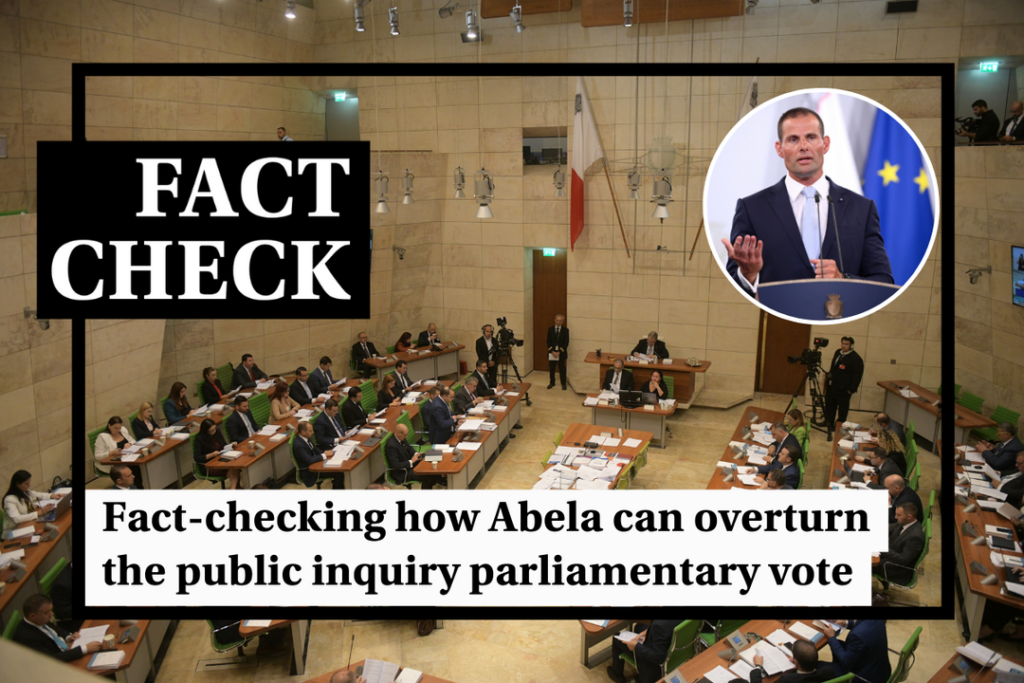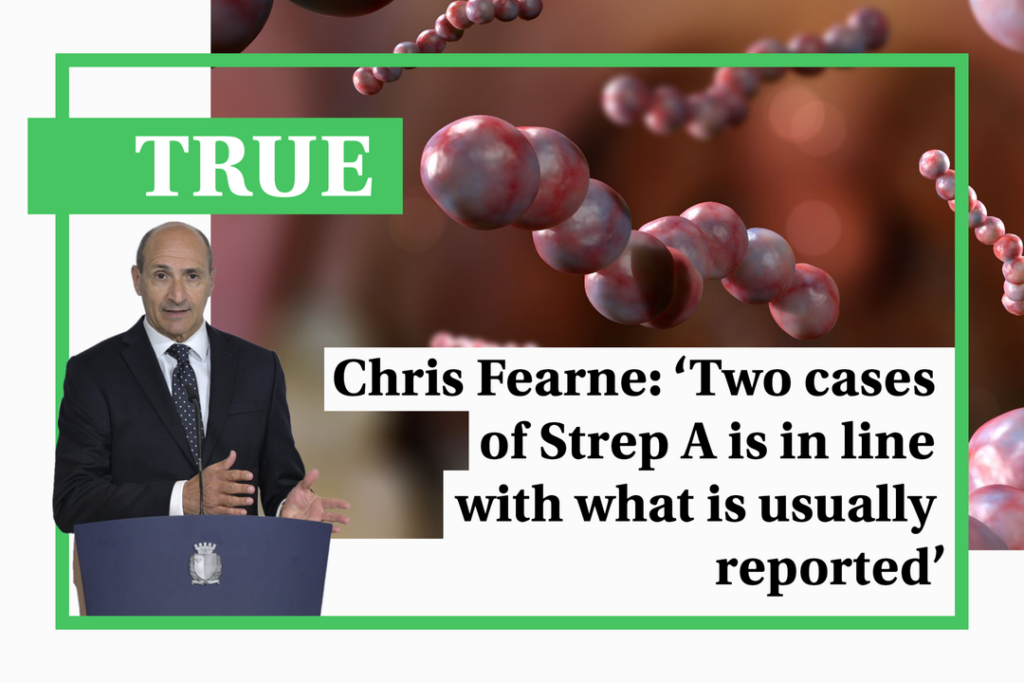Following weeks of intense pressure, Prime Minister Robert Abela announced the launch of a public inquiry into the death of Jean Paul Sofia, a young worker who was crushed to death in a building collapse last December.
Abela, together with all 39 other Labour MPs had voted against a parliamentary motion supporting a public inquiry just five days earlier.
Several readers have written to Times of Malta to ask the logical question – how can Abela suddenly overturn a parliamentary vote?
To answer this question we need to understand what the parliamentary vote was about and how public inquiries are opened.
What did parliament vote upon?
In an explosive final session before its summer break, MPs were asked to bring to an end a lengthy tit-for-tat between the two sides over the wording of a motion into the death of Jean Paul Sofia.
The motion was first presented by the opposition back in early March, calling for a public inquiry into Sofia’s death.
The government countered earlier this month, presenting an amendment to the motion which removed all references to a public inquiry and instead urged a speedier end to the ongoing magisterial inquiry.
The situation came to a head last week, when the opposition presented a new amendment which would supersede the government’s revisions, once again changing the wording to include a call for a public inquiry.
In the vote taken on the day, the opposition’s new amendment was shot down, with all government MPs voting against it, while the government’s version of the motion approved.
Is the motion binding?
No, political analysts who spoke to Times of Malta explained that while the parliamentary vote is clearly significant on a political level, the motion did not automatically bind the government to take any action, regardless of the vote’s outcome.
To put it simply, if the opposition’s version of the motion had passed, the government would not have been bound to open a public inquiry, although ignoring parliament’s vote would almost certainly have had dire political consequences.
Likewise, ignoring its own vote in parliament against a public inquiry only to announce the launch of an inquiry days later may be poor political strategy, but it is well within the Prime Minister’s rights.
Can the Prime Minister launch a public inquiry of his own steam?
Yes, public inquiries are governed by the Inquiries Act which says that independent inquiries must be launched by either the Prime Minister or a Minister.

A public inquiry is a type of independent inquiry. A previous Times of Malta fact-check had delved into the difference between different types of inquiries.
There is no need for parliament to support the launch of a public inquiry and Abela was not obliged to first seek parliament’s approval.
‘Just because you can, it doesn’t mean you should’
Nonetheless, while acknowledging Abela’s right to act in the way he did, political analysts who spoke to Times of Malta questioned how appropriate his course of action was, warning that it risks undermining parliament’s authority and doesn’t treat parliament with the respect that the institution deserves.
As one analyst succinctly put it, “just because you can act in that way, it doesn’t mean you should”.
Some argued that it would have been more appropriate for Abela to return to parliament to request a new vote following his change of heart.
This might have been tricky in practice now that parliament is now on its summer break and is not set to meet again until October. Abela has since argued that his decision to launch a public inquiry was supported by the PL parliamentary group.
Verdict
The law allows a Prime Minister or Minister to launch a public inquiry without needing to seek parliament’s approval.
Although politically significant, the parliamentary vote on the public inquiry was a non-binding motion.
Experts say that while Abela was within his rights to launch an inquiry in this way, it may have been more prudent to call for another vote asking for parliament’s approval.
The Times of Malta fact-checking service forms part of the Mediterranean Digital Media Observatory (MedDMO) and the European Digital Media Observatory (EDMO), an independent observatory with hubs across all 27 EU member states that is funded by the EU’s Digital Europe programme. Fact-checks are based on our code of principles.
Let us know what you would like us to fact-check, understand our ratings system or see our answers to Frequently Asked Questions about the service.





